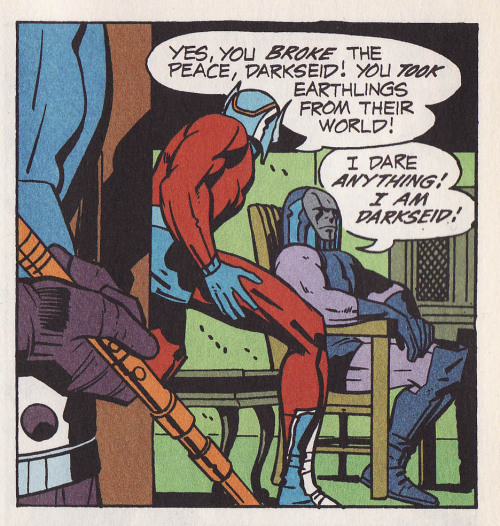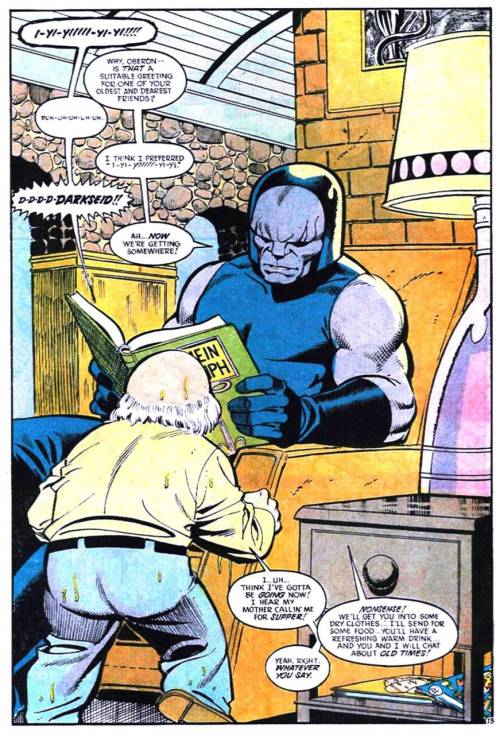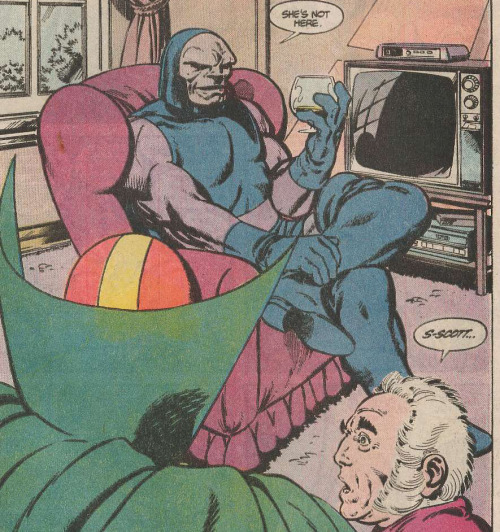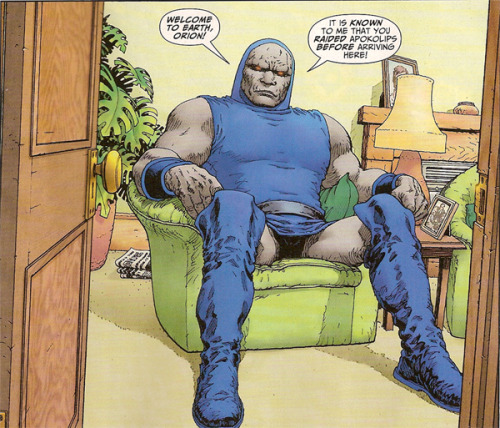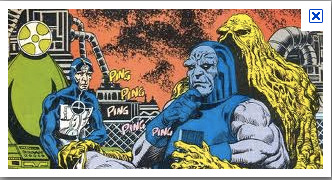If you're at all a regular reader of this blog (and we know you're out there. Right? Hello?) it can't possibly have escaped your notice that
we now carry Google eBooks through our website.
Our transition into this market has been deliberately gradual -- we wanted to make sure

the staff was fully trained to help you with any questions you may have before renting the 20 foot banner advertising our new product (for example), and, just as importantly, we've been slowly building an ebook shopping experience for you that almost sort of comes close to approximating the things you love about Green Apple, minus the creaky floors.
This has been getting a little bit easier, as more of the major publishing houses
adopt the agency model of eBook sales, which allows us to sell our ebooks at the same price as a (wealthier) entity such as Google. This is great news for us, and for you, as it allows

you to still support real live independent bookstores while filling your e-library. And as more ebook options open up and we're able to offer them at competitive prices, we're doing our best to
suggest titles to you that are the same ones we recommend
in our store.

For example, if you check out the old (new) Green Apple eBooks Staff Picks section, you'll see an ever-growing list of titles that represent Green Apple's real book taste in ebook form. Click on any of the cover art in this here post for a Green Appler's review (all of which are also available as "real" books with "real" shelf-talkers written by "real" employees of our "real" store.)

I must mention, however, as the person who has spent hours plugging our favorite books into the search bar, that this task has proved to be both occasionally frustrating and a source of pride in Green Apple at the same time. While we're happy to offer bestsellers, local favorites, and books with rightful mass appeal, we are also proud champions of small presses, translated literature, and, frankly, some pretty arcane stuff -- what's more, so are our customers. Unfortunately, though not surprisingly, many of these great and important works are not available as ebooks. As the ebook market is becoming an inevitability and a necessity in the publishing world, many small presses will likely start to offer their titles in this form as well. But to ensure that they're around long enough to adapt to this changing market, we hope you'll continue to check out our recommendations in the store itself, so that you don't miss out on things like
this and
this and
this.(P.S -- thanks to our ebook customers who've given us feedback on the purchasing process, many of whom suggested some website layout changes. We hear ya. Stay tuned.)





























